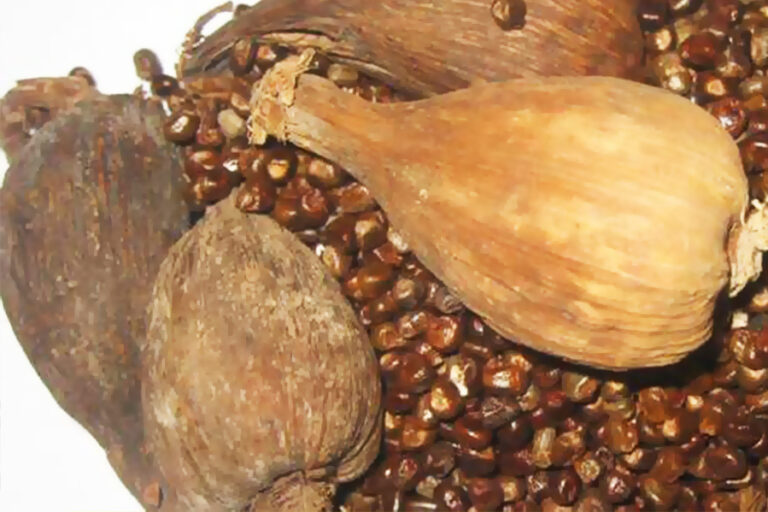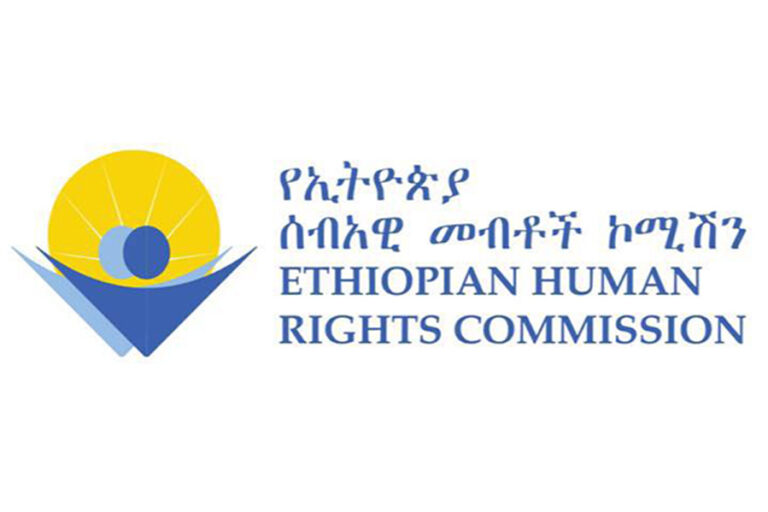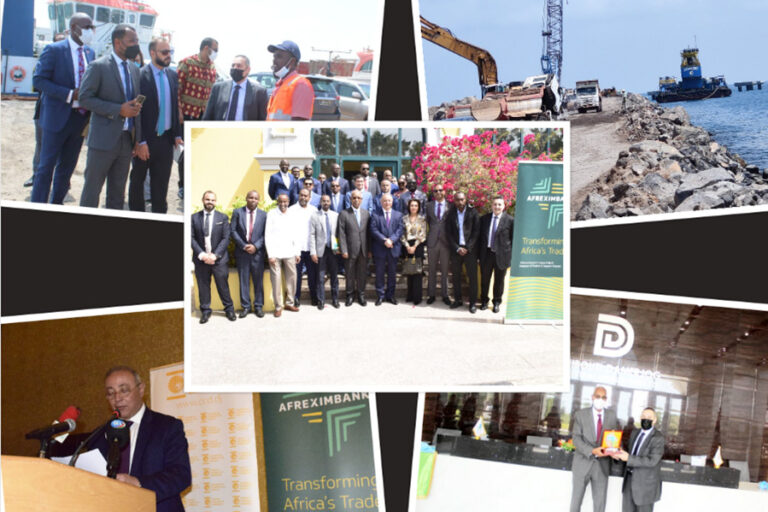The price of the popular spice on Ethiopian cuisine, Corrorima, which is also known as Ethiopian Aframomum, or false cardamom, has massively dropped due to the aftermath effect of COVID-19 and initiative for mass production besides the traditional wild harvest.
Experts in the spice industry said that Corrorima that was sold about 380 birr per kilogram about three years ago has lost its value significantly in the latest market.
As per the market observation Capital conducts at Addis Ababa on average the price of the popular spice that is mainly used for berbere, hot spice blend that is an integral ingredient in Ethiopian cuisine, and nit’ir qibe, clarified butter with different species, is now about 80 birr per KG.
Capital observed that besides the price reduction the product is also easily seen everywhere even street vendors are selling it, which is highly uncommon in the past.
According to Addisu Alemayehu founder and board secretary of the Ethiopian Spices, Aromatic and Herbs Growers and Processors Association (ESAHGPA) and owner of Dabase Business Group Plc, the price reduction is related with the initiative and incidents happened in the past three years.
“There are different initiatives conducted by NGOs to modernize the production and harvest Corrorima. In the past the spice was cultivated wildly, where women who harvested the product have been vulnerable for rape and attack by wild animals and besides that it is also related to deforestation issue that attracts NGOs to change the circumstance to cultivate the plant in their backyards,” he said.
Through the cultivation practice change scheme, NGOs have been aggressively producing the seedling and distributed it for farmers in the past couple of years, “now the plant is giving its production, which increases the output of Corrorima.”
Moges Ashenafi, Spice Extension and Production Team Leader at Ethiopian Coffee and Tea Authority (ECTA), said that despite the initiative to release new Corrorima verities breeds at this stage is very limited but the output is growing due to coffee farmers who are mainly producing Corrorima aligned with their coffee bush are expanding their production, “farmers are diversifying their production to expand their income when the price of coffee shows reduction.”
“Expanding and starting producing through farmlands besides the traditional wild cultivation of Corrorima will be stated as the expansion of the product,” Moges told Capital.
As additional reason Addisu said that in relation with the dropdown of the hospitality and tourism industry because of COVID 19 the interest to buy the spices drops down.
He said that most of Corrorima users are hotels and restaurants, while the sector is affected by the pandemic. “Four percent of berbere is Corrorima, which means four KG of Corrorima spice is used to prepare a quintal of the spicy red pepper powder and similarly the spice is the major source to prepare nit’ir qibe (clarified butter), and other Ethiopian cuisine ingredients, “while the pandemic and the conflict affects major users at the hospitality industry that gradually affects the price of the spice.”
Moges on the other hand said that it is the harvest season so that may not reflect the real market rate “in the harvest season the price may reduce but it does not mean that it shows real price of the spice.”
Head of ESAHGPA estimated that at the current stage the output of Corrorima is about 250,000 quintal, which was about 16,000 quintal about a decade ago, and 150,000 quintal in the 2018/19 harvest season.
He said that since the formation of ECTA, which is also responsible to regulate the production and marketing of spices, data collection has increased that may the reason to show massive multiplication for the spice production.
Corrorima is mainly cultivated in the southwestern and southern part of Ethiopia, while miner production is harvested around Jawi in Gojam.
The export market is mainly aligned with the Diaspora, even if some portion the spice exported for Saudi Arabia market.
Price of Corrorima spice drops sharply
Violations against civilians committed by all parties to the conflict: EHRC
Human rights violation that can be stated as war crimes and crimes against humanity has been committed by the parties of the conflict stated Ethiopia Human Rights Commission (EHRC) in its latest report Violations of Human Rights and International Humanitarian Law in Afar and Amhara Regions conducted between September and December 2021. The commission also stressed strong commitment of all actors indispensable to obtain justice for victims and rehabilitation of areas affected by the conflict.
The report released on Friday March 11, 2022 provides a detailed account of widespread human rights violations against civilians committed by parties to the conflict including its gender dimensions and calls on all actors and institutions to support justice and redress initiatives for victims and the rehabilitation of conflict affected areas.
According to the Commission’s main findings ‘without including the extrajudicial killings, at least 403 civilians have died and 309 have suffered minor to serious physical injuries as a result of acts of violence in the context of the conflict’.
On August 4, 2021 Tigray forces killed 107 civilians and injured 35 civilians in an offensive in the Afar region, the report states.
In parts of Afar and Amhara Regions covered by this investigation, at least 346 civilians have been subjected to unlawful and extra-judicial killing by parties to the conflict – mainly by Tigray Forces, according to the report.
Between August 18 to September 4, 2021, 6 civilians died in Adigagra, Abreham and Adagat kebeles in Amhara region due to the result of Ethiopian National Defense Forces (ENDF) heavy artillery. And in Woldiya city on December 18, 2021 due to attack by the ENDF 6 civilians were killed and 4 other were injured.
Between August 30 to September 4, 2021 and on December 2, 2021 Tigray forces committed 47 unlawful killing and other 40 civilians were killed by shooting who were attending a funeral in Amhara region.
In December 2021 ENDF executed 39 individual accusing them as members of the OLF in Amhara region Oromia special zone.
Tigray forces are also accused of committing acts of torture and other forms of cruel inhuman treatments against civilians.
Parties in the conflict are also accused of engaging in arbitrary detentions, abductions, and forced disappearances in violation of human rights and humanitarian laws.
Tigray forces also committed widespread and systematic sexual and gender based violence including gang rape against women of different ages-girls and elderly women in parts of Afar and Amhara regions under their control.
Tigray forces further caused damage and distraction to civilian homes, education, health and public administration facilities.
In Afar and Amhara regions, a total of 2,409 health facilities including hospitals and health posts have ceased operation as a result of the destruction, damage and pillage they sustained. In addition a total of 1,090 schools were fully destroyed while 3,220 sustained partial damage in both regions.
Financial institutions, in particular 18 commercial banks, sustained billions of birr worth loss due to looting and destruction on 346 branches.
In areas which were under their control, OLF-Shane also committed targeted killings of government officials and their family members and civilians they accused of supporting the government.
ENDF, Amhara Special Forces, Fano and other militias also committed unlawful and extrajudicial killing and caused physical injuries to civilians they suspected of supporting Tigray Forces or OLF-Shane.
EHRC’s 29-member team of investigators conducted investigations in many parts of Afar and Amhara regions affected by the conflict, covering over 50 locations in both regions and limited investigation of air raids took place in some parts of Tigray region.
The investigation team conducted 427 confidential interviews and held 136 meetings with various government offices and authorities; it also conducted 12 focus group discussions with religious leaders, community elders and internally displaced persons.
The main objectives of the investigation are to provide a faithful account of the human rights violations against civilians committed by all parties to the conflict, including its gender dimensions; to contribute to the process of holding perpetrators to account; to advocate for justice and redress for victims and survivors; as well as to prevent recurrence of similar violations.
Therefore the commission called for an impartial and credible criminal investigation consistent with applicable international human rights standards to ensure accountability. EHRC has reiterated that ensuring accountability for all violations committed by all parties to the conflict lies primarily with the Government.
The Network of Ethiopia Women Association
The Network of Ethiopia Women Association (NEWA) gathered women from various walks of life, institutions and inclinations at the Alliance Ethio-Française in commemoration of International Woman’s Day on March 8th. The venue, known for its wide range of arts activities did not fail, with walls filled by the contemporary art of eight Ethiopian women and signage with bold messaging including “AMPLIFY WOMEN’S VOICE FOR A BRIGHTER FUTURE”. Several spoke on the history and development of the women’s movement, combined with accounts of current efforts, sponsored by the Embassy of France, to strengthen civil society.
CCD, Afreximbank conducts roadshow for the business community
African Export-Import Bank (Afreximbank) and the Djibouti Chamber of Commerce (CCD) conducted a three-day business roadshow in the country, to promote the Bank’s programmes, facilities, and initiatives to stakeholders, including government agencies, parastatals, financial institutions and the businesses community among others.
The roadshow consisted of a one-day seminar and two days bilateral meetings with key stakeholders across sectors.
Under the topic “unlocking Djibouti’s potential as a gateway to regional trade”, the seminar had in attendance, key government leaders, policy makers, and senior leaders from the financial, banking, private and corporate sectors.
Youssouf Dawaleh, President of the Djibouti Chamber of Commerce, highlighted the strategic alignment between the roadshow and the CCD’s mission, which is to inform and raise awareness of the national economic fabric and more particularly private companies on market opportunities, financing and other support available.
He said “Raising funds and financing remains a continent-wide problem and our country is no exception to this situation. This results in limited growth for businesses and in particular SMEs”.
Amr Kamel, Afreximbank‘s Executive Vice President in charge of Business Development and Corporate Banking highlighted that Djibouti remains an important hub for African trade and the gateway of Horn of Africa and East Africa. To ensure that the business community benefited from the roadshow, Afreximbank highlighted various products, programmes, and initiatives such as the Intra African Trade initiative, Project Finance, Industrialisation and Export Development programme, Afreximbank Trade Facilitation Programme (AFTRAF), Afreximbank International Payment Services (AfPAY), the MANSA, Pan-African Payments and Settlement System (PAPSS), among others.
“We are happy to announce our commitment to working with Djiboutian commercial and development or investment banks to make financing accessible to the public and private sectors and small and medium-sized enterprises to finance trade and project deals in Djibouti. The Bank is keen to collaborate with Djibouti, other member countries and key partners to find solutions to these challenges. For instance, the recently launched Pan-African Payments and Settlement System (PAPSS) will enable a buyer in Ethiopia to pay for goods supplied in Ethiopian Birr and a Djiboutian seller to receive Djiboutian Francs, while the two respective central banks settle the net position of the trades between themselves,” Afreximbank‘s Executive Vice President in Charge of Business Development & Corporate Banking, commented:
Bilateral meetings were held with President Ismail Omar Guelleh, Ilyas Moussa Dawaleh, Minister of Economy and Finance; Yonis Ali Guedi, Minister of Energy and Natural Resources; Mohamed Warsama Dirieh, Minister of Trade and Tourism; Ahmed Osman Ali, Governor of the Central Bank of Djibouti; Aboubakr Omar Hadi, Chairman of Great Horn Investment Holdings and Mohamed Sikieh Kayad, Chairman of the Djibouti Sovereign Wealth Fund.
The Bank’s programmes for the development of industrial parks, export processing zones, special economic zones, Agri-processing projects, light manufacturing projects, among others, were discussed. The Afreximbank delegation also presented the Bank’s interventions to foster trade enabling infrastructure such as airports, seaports, terminals, railways, telecommunication infrastructure, power projects and renewables (wind and solar) as well as large manufacturing and heavy industries including oil and gas production and processing plants, liquefied natural gas plants, petrochemicals, and cement.
The delegation also met with the top executives of Air Djibouti, Société Internationale des Hydro carbures de Djibouti (SIHD), the FSD as well as several Djiboutian banks.
The Bank’s team also had the opportunity to visit the Damerjog Industrial Development Free Trade Zone and was received by Chairman Mr. AbouBakr Hadi as part of the continued collaboration with Djibouti Ports and Freezone Authorities (DPFZA). Discussions were on furthering cooperation in trade & projects finance.






